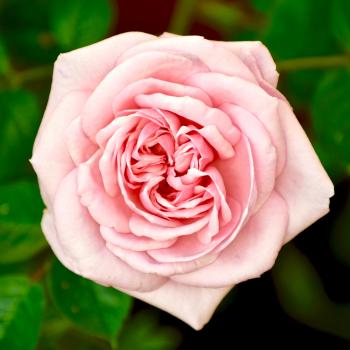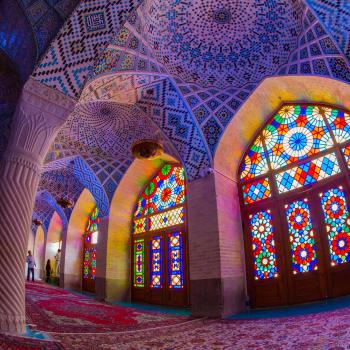The second kind of pressure is from the inside: the kind that Muslims themselves put on their women, when they make them feel like they’re “less Muslim” for not covering their bodies in a certain way, or that they’re extremists if they dress “too modestly.” Either way, whether you’re being pushed to look gorgeous all the time or you’re pressured into maintaining the perfect, “moderate” level of hijab, you end up giving up your right to dress for yourself and Allah, not for anyone else.
Take a moment to step back and connect with your Creator. Are you happy with the way you dress when you go out, while knowing that He sees you? Are you trying to improve yourself? How does your behavior reflect your inner hijab?
And He knows. He knows when you see another girl who’s dressed in a more revealing way than you and is getting more attention from men for it, and you struggle to push out the thought that crosses your mind about wanting that as well. He knows when you stop yourself from flirting with the guy you’re talking to. He knows when you’re going through one of those days when you want, more than anything else, to just blend in and look like everyone else- and the days when you’re proud of standing out, and wish everyone who stares at you would know how content you are with what you’re doing.
Never stop trying to improve your relationship with Allah through your inner and outer hijab, no matter what people think or say. Don’t let anyone else define your hijab for you, besides Allah; if you’re striving to please Him, nothing else matters. The Prophet (saws) said, “When lewdness is a part of anything, it becomes defective, and when haya is a part of anything, it becomes beautiful” [Tirmidhi].
Never stop trying to improve your relationship with Allah through your inner and outer hijab, no matter what people think or say.
Choose to stay beautiful.
“Tell the believing women to lower their gaze and guard their private parts, and to not expose their beauty except what’s obvious of it, and to throw their headscarves over their chests, except in front of their husbands, or their fathers, or their fathers-in-law, or their kids, or their step-kids, or their brothers, or their paternal nephews, or their maternal nephews, or their women, or what their right hands possess (of the females), or the men who don’t have desires left for women (due to old age or illness), or the young children who aren’t yet attracted to women. And they shouldn’t stamp their feet so that what’s hidden from their beauty is exposed. And turn to Allah in repentance, all of you (altogether), so that you may be successful.” (24:31)












